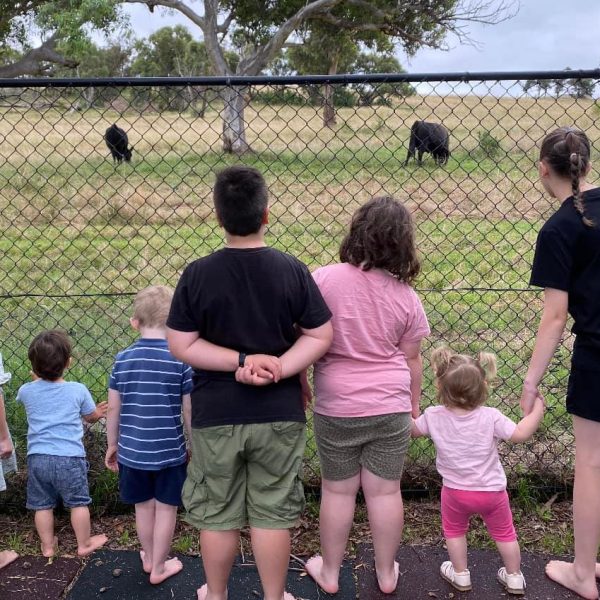Inner West Family Day Care introduces program to give “much needed relief”

In the aftermath of the COVID-19 pandemic, many educators working for Sydney-based Inner West Family Day Care (FDC) wanted to return home to families overseas, and take long periods of annual leave.
To meet their needs, the service trialled a relief care program, inducting relief educators to be available when educators were on leave. 12 months into the project, feedback from families and educators has been positive.
We caught up with Inner West FDC Coordinator Rosie Pupo to learn more about the program, its outcomes, and the results the program is having on the ground.
Familiar, comforting, safe
The program, Rosie explained, is designed to provide relief care for families using FDC, so the children can continue to be in the same environment, and families can maintain their bookings when educators are on leave.
“We started with two educators and are in the process of recruiting a third for September,” Rosie shared.
All relief educators must complete the service induction training and have all the same compliance as registered educators. Qualifications, first aid, and insurance are a must.
Relief care is typically provided in the registered educator’s established FDC environment, and as such, Inner West FDC has a minimum four-week orientation for relief educators, so they can build a relationship of trust between primary educators, families and children, and so that the children are transitioned and prepared when the relief educator commences.
Educators providing relief care also attend training and workshops at the Inner West FDC coordination unit, as well as social events throughout the year to keep them connected to permanent educators in the scheme.
Supporting new horizons
In an unexpected bonus, the relief care program has allowed educators who are curious about FDC as a career path, but who don’t know much about how it works, to have a glimpse into this aspect of the sector, and to develop confidence about FDC as a pathway.
“FDC is so unique, and many early childhood professionals have different views on FDC and how it works,” Rosie said.
“We have many qualified educators ask about becoming an FDC educator, but they don’t have the confidence to take that first step. So, this program is a way to introduce FDC to potential educators as a taster, and then, hopefully, they will convert to become permanent registered educators in the future.”
Sydney’s Inner West, like much of the country, is under some pressure in relation to housing availability. Potential FDC educators who are qualified but don’t have the space to operate FDC in their own homes have been attracted to the relief care program, because it gives them the opportunity to provide care in another registered educator’s home that is already approved by the coordinating unit.
“We also have a retired educator who has registered for the relief program.
“She is experienced and very knowledgeable and although she no longer wants to work full time, she is committed to helping other educators as she can relate to them needing time off to recharge, and at times that can be difficult for primary educators. We love having her back, and it’s an opportunity for new or potential educators to learn from someone more experienced.”
Looking to the future
Many ‘next-generation’ educators are seeing the potential of starting their own business and working from home, offering a program and implementing pedagogy which connects with their professional beliefs.
“With technology and innovative coordination units like Inner West FDC, educators are connected and part of a professional learning community and not feeling isolated working from home,” she explained.
During the COVID-19 pandemic, FDC proved to be a reliable support system for families, maintaining high attendance rates and providing essential services for frontline and emergency service workers.
As a result, Rosie believes FDC has gained recognition, and more families are now choosing it as their primary option for education and care.
“The relief educators program further strengthens the scheme’s reliability, ensuring that families can feel confident that if their primary educator needs to close their service, the coordination unit has a backup plan.”
National FDC Week runs from 1-7 May. To learn more about Inner West FDC, please see here.
Popular

Quality
Practice
Provider
Research
Workforce
Honouring the quiet magic of early childhood
2025-07-11 09:15:00
by Fiona Alston

Policy
Practice
Provider
Quality
Workforce
Minister Jess Walsh signals urgent action on safety and oversight in early learning
2025-07-11 08:45:01
by Fiona Alston

Workforce
Policy
Quality
Practice
Provider
Research
The silent oath: Why child protection is personal for every educator
2025-07-17 09:00:31
by Fiona Alston











